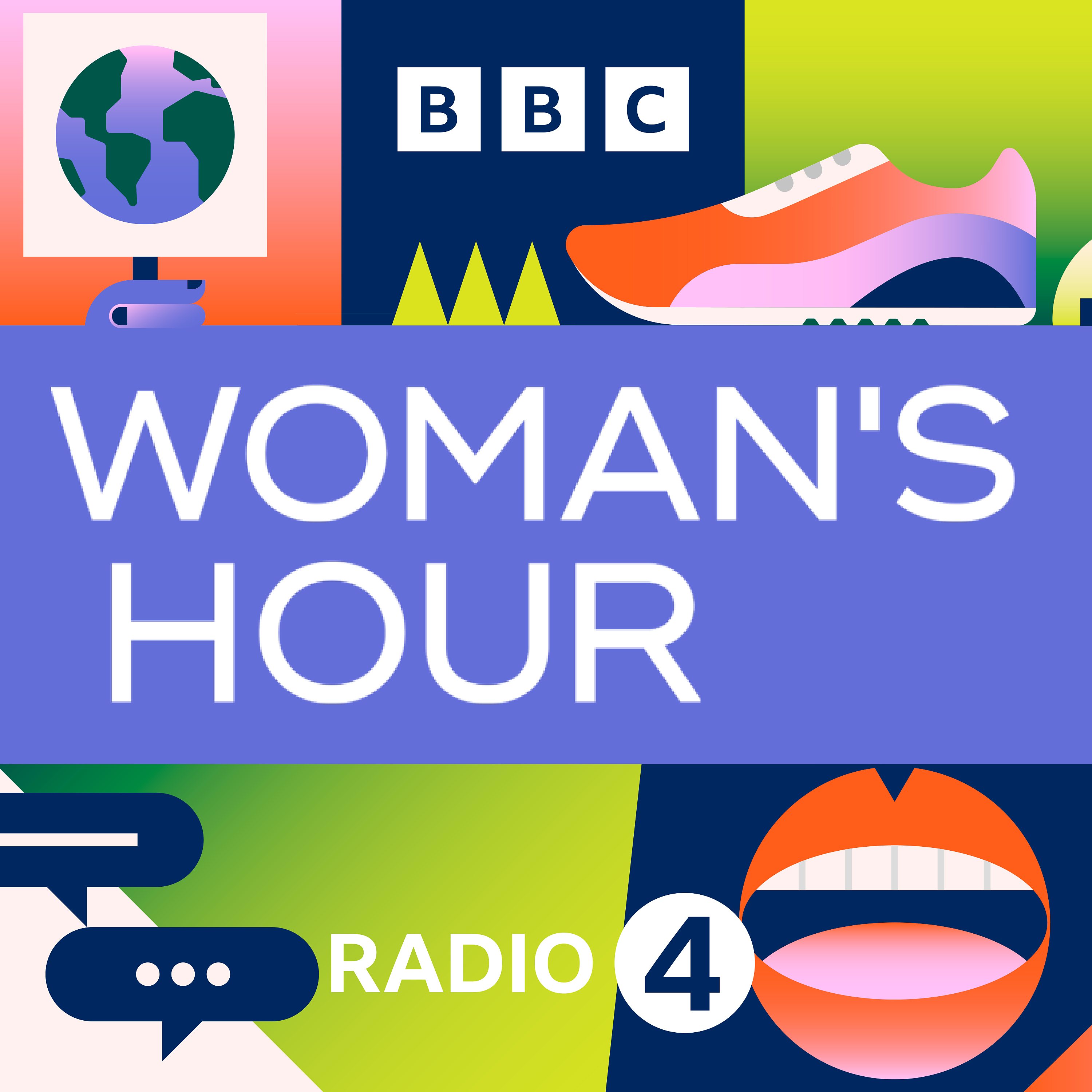- Other
- SEE MORE
- classical
- general
- talk
- News
- Family
- Bürgerfunk
- pop
- Islam
- soul
- jazz
- Comedy
- humor
- wissenschaft
- opera
- baroque
- gesellschaft
- theater
- Local
- alternative
- electro
- rock
- rap
- lifestyle
- Music
- como
- RNE
- ballads
- greek
- Buddhism
- deportes
- christian
- Technology
- piano
- djs
- Dance
- dutch
- flamenco
- social
- hope
- christian rock
- academia
- afrique
- Business
- musique
- ελληνική-μουσική
- religion
- World radio
- Zarzuela
- travel
- World
- NFL
- media
- Art
- public
- Sports
- Gospel
- st.
- baptist
- Leisure
- Kids & Family
- musical
- club
- Culture
- Health & Fitness
- True Crime
- Fiction
- children
- Society & Culture
- TV & Film
- gold
- kunst
- música
- gay
- Natural
- a
- francais
- bach
- economics
- kultur
- evangelical
- tech
- Opinion
- Government
- gaming
- College
- technik
- History
- Jesus
- Health
- movies
- radio
- services
- Church
- podcast
- Education
- international
- Transportation
- kids
- podcasts
- philadelphia
- Noticias
- love
- sport
- Salud
- film
- and
- 4chan
- Disco
- Stories
- fashion
- Arts
- interviews
- hardstyle
- entertainment
- humour
- medieval
- literature
- alma
- Cultura
- video
- TV
- Science
- en
Rhod Gilbert on male fertility; teenage girls and social media; and talking to children about the Holocaust

Men don't talk about fertility and society largely views fertility as a woman's issue despite the fact that men are said to be a factor in around half of all fertility issues between couples. That's the view of the stand up comedian Rhod Gilbert who is raising awareness of the issue and wants men to open up and be part of the conversation. He's made a BBC documentary 'Stand up to Infertility' where he shares his own struggles to conceive with his wife Sian. Stand Up to Fertiliy is streaming now on BBC iPlayer and on BBC Two on Sunday 31st January at 10.00pm. A new study indicates teenage girls experience a sharper decline in well-being and self-esteem compared with boys due to “heavy social media use". It has also suggested that the pandemic might be making it worse. The report - by the think tank, the Education Policy Institute, and the Prince's Trust - calls on the government to act quickly to improve mental health support for schools in England. Emma is joined by Whitney Crenna-Jennings , the author of the report, and Matt Haig - the author and mental health campaigner who decided to leave twitter earlier this week - where he had nearly half a million followers. Today is International Holocaust Memorial Day where we remember the millions of people murdered by the Nazi regime. For decades, survivors have spoken about their experiences in the hope that nothing of its kind will ever be repeated. But when the last survivors are gone, who will tell their stories? And how do we talk to children about such harrowing events? Children’s author, Liz Kessler has written fictional a novel called When The World Was Ours that was inspired by the true story of her father’s escape from Czechoslovakia. Noemie Lopian is the daughter of Holocaust survivors Ernst Israel and Renee Bornstein. Ernest wrote The Long Night about his time in 7 different concentration camps and several death marches. They join Emma to discuss why it’s so important to talk to children about the Holocaust and the parallels between now and then.